Phangnon Konyak Makes History as Nagaland’s First Woman MP to Chair Rajya Sabha; PM Modi Expresses Pride

Phangnon Konyak Makes History as Nagaland’s First Woman MP to Chair Rajya Sabha; PM Modi Expresses Pride
Congratulations to S Phangnon Konyak for her historic achievements in the Rajya Sabha! She is the first woman member from Nagaland to preside over the Rajya Sabha and also the first woman member of the Rajya Sabha to be appointed to the panel of vice-chairpersons. These milestones mark significant progress for women’s representation and leadership in the upper house of the Indian Parliament. It is commendable to see her breaking barriers and making a positive impact in her role as a BJP leader and in the parliamentary proceedings. Her accomplishments will undoubtedly inspire other women to take up leadership roles in politics and public service.
S Phangnon Konyak’s achievements are even more impressive, as she not only became the first woman from Nagaland to be elected to the Rajya Sabha but also holds the distinction of being only the second woman from the entire northeastern state to be elected to either house of the Indian Parliament or the state assembly. Her historic journey in politics is breaking barriers and paving the way for greater gender representation and empowerment in the region’s political landscape. Her accomplishments serve as an inspiration to women across Nagaland and the entire northeastern region to actively participate in politics and contribute to the nation’s governance and development.
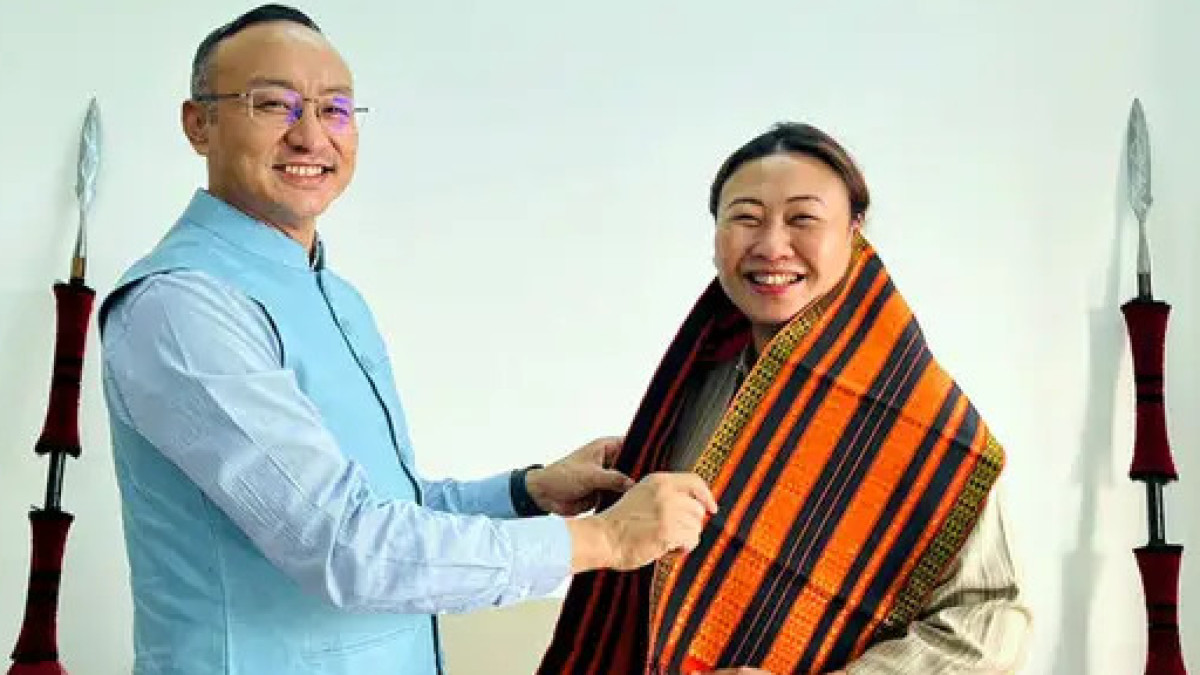
Being the first woman from Nagaland to preside over the Rajya Sabha and achieving the distinction of being the first woman member to be appointed to the panel of vice-chairpersons is undoubtedly a momentous achievement. The passage of The Constitution (Scheduled Tribes) Order (Fifth Amendment) Bill, 2022, during her tenure as presiding officer further highlights the significance of her leadership in facilitating important legislative matters. Her dedication and commitment to serving the people and upholding the values of the Indian Constitution are evident, and her contributions will undoubtedly inspire others in the political arena.
The fact that S Phangnon Konyak, a woman from Nagaland, was given the opportunity to preside over the Rajya Sabha and be appointed to the panel of vice-chairpersons reflects the progress in promoting gender equality and inclusivity in Indian politics.
Her expression of gratitude towards Prime Minister Narendra Modi for providing women with respect and space in political leadership showcases the government’s commitment to empowering women and promoting their active participation in decision-making processes.
Additionally, acknowledging the role of RS Chairman Jagdeep Dhankhar for providing her with the opportunity is a testament to the collective effort in fostering a more diverse and representative political landscape.
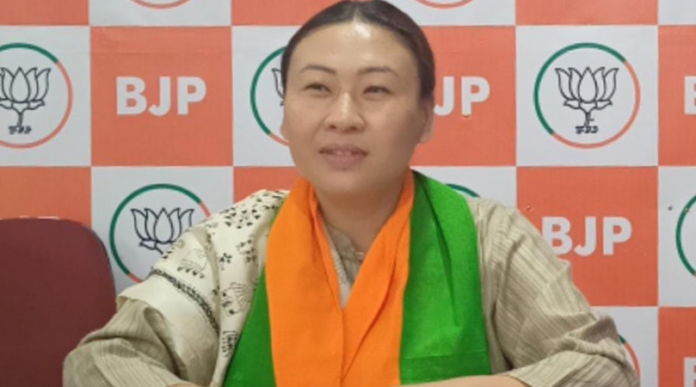
Prime Minister Modi’s retweet, calling it a ‘very proud moment,’ highlights the significance of this achievement and the recognition of the value of women’s contributions in shaping the nation’s political discourse.
The historic equal representation of women members in the panel of vice-chairpersons in the Rajya Sabha is a significant milestone for gender equality in the Upper House. It marks a momentous step towards providing more opportunities and visibility for women in leadership positions within the parliamentary system.
By ensuring equal representation in the panel of vice-chairpersons, the Rajya Sabha sends a strong message about the importance of gender balance and inclusivity in the highest legislative body of India. It sets a precedent for other institutions and underscores the value of women’s perspectives and contributions in shaping policies and decision-making processes.
This move is likely to inspire and encourage more women to actively participate in politics and aspire to leadership roles, knowing that their voices and experiences are valued and recognized. It also highlights the commitment of the Indian Parliament to promote gender diversity and create a more representative political environment.
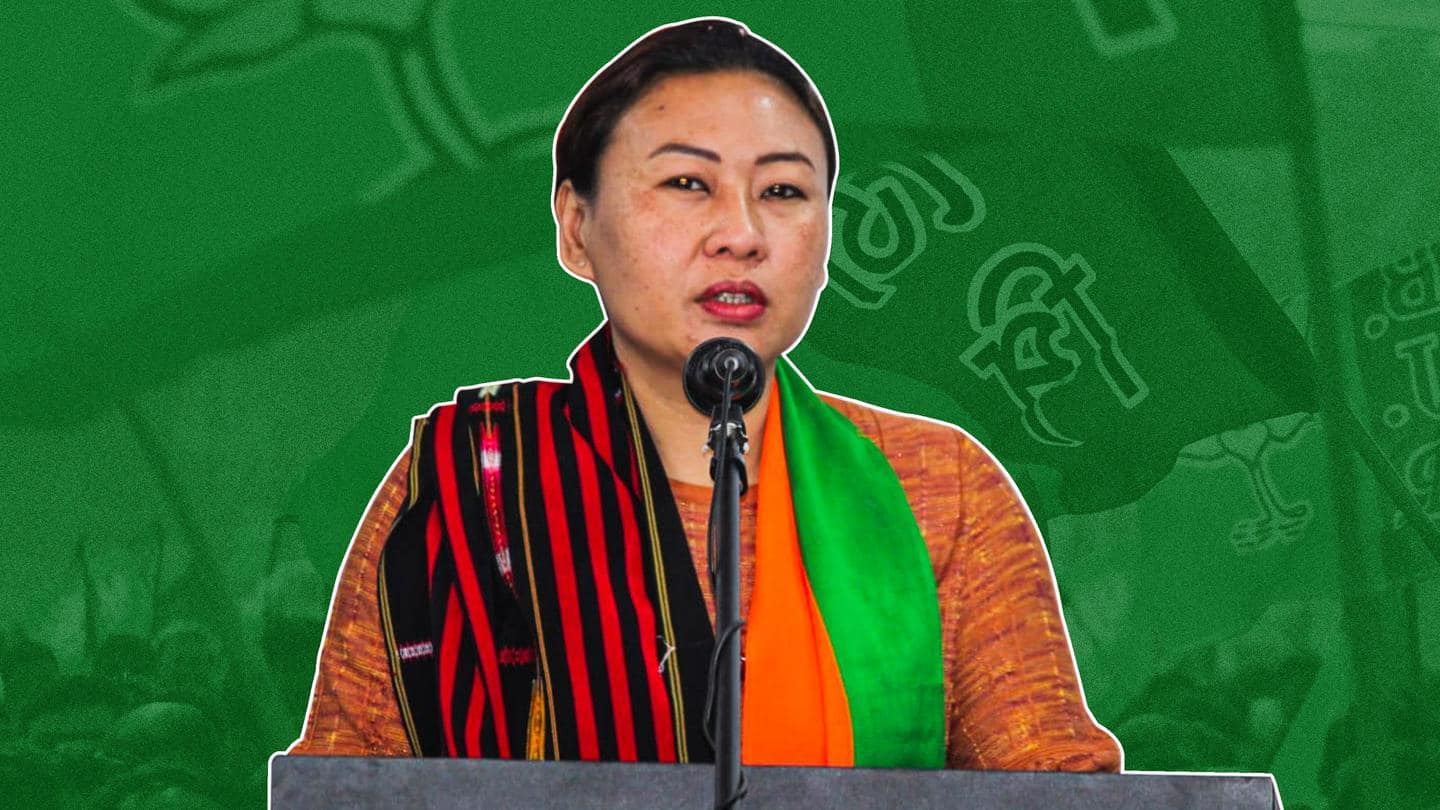
It’s commendable to see accomplished individuals like P.T. Usha, Fauzia Khan, Sulata Deo, V Vijayasai Reddy, Ghanshyam Tiwari, L Hanumanthaiah, and Sukhendu Sekhar Ray serving as panel members in the Rajya Sabha. Each of these members brings their unique expertise and experiences to the table, contributing to the diverse and well-rounded representation in the Upper House.
P.T. Usha’s nomination to the Rajya Sabha in 2022 recognizes her outstanding achievements in athletics and her significant contributions to sports in India. Her presence in the panel brings attention to the importance of promoting sports and providing better infrastructure and support for athletes across the country.
Fauzia Khan’s role as a Nationalist Congress Party leader in the Rajya Sabha brings her political expertise and advocacy for various issues. Her representation ensures that the concerns of her party and constituents are heard and addressed in the parliamentary discussions.
Sulata Deo, being a member of the Biju Janata Dal, brings her party’s perspective and regional interests to the panel. This helps in ensuring the voice of her party and the people of Odisha are represented at the national level.
V Vijayasai Reddy, Ghanshyam Tiwari, L Hanumanthaiah, and Sukhendu Sekhar Ray’s presence in the panel also adds diversity and expertise in their respective fields to the legislative discussions. Their contributions as panel members help in shaping and formulating effective policies for the betterment of the nation.
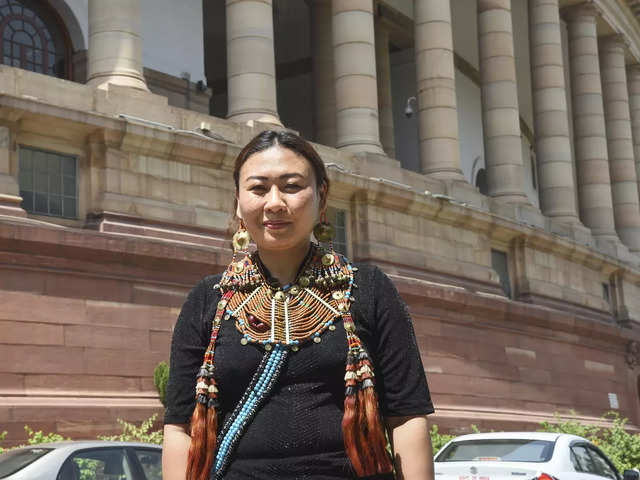
With a diverse group of members in the panel of vice-chairpersons, the Rajya Sabha benefits from a wide range of perspectives, ideas, and expertise. This fosters a more inclusive and informed decision-making process and helps in addressing the diverse needs and aspirations of the people of India. It is a significant step towards promoting gender equality and greater representation of different regions and political parties in the Upper House.
The logjam in both Houses of Parliament over the Manipur situation has been a significant issue since the commencement of the Monsoon session on July 20. The impasse has led to disruptions and stalled proceedings, preventing essential legislative work from taking place.
To resolve the deadlock and facilitate productive discussions, Rajya Sabha Chairman Jagdeep Dhankhar took the initiative to interact with Members of Parliament (MPs) from different political parties. The objective of these interactions was likely to understand the concerns and viewpoints of various parties involved and find a possible way forward to break the stalemate.
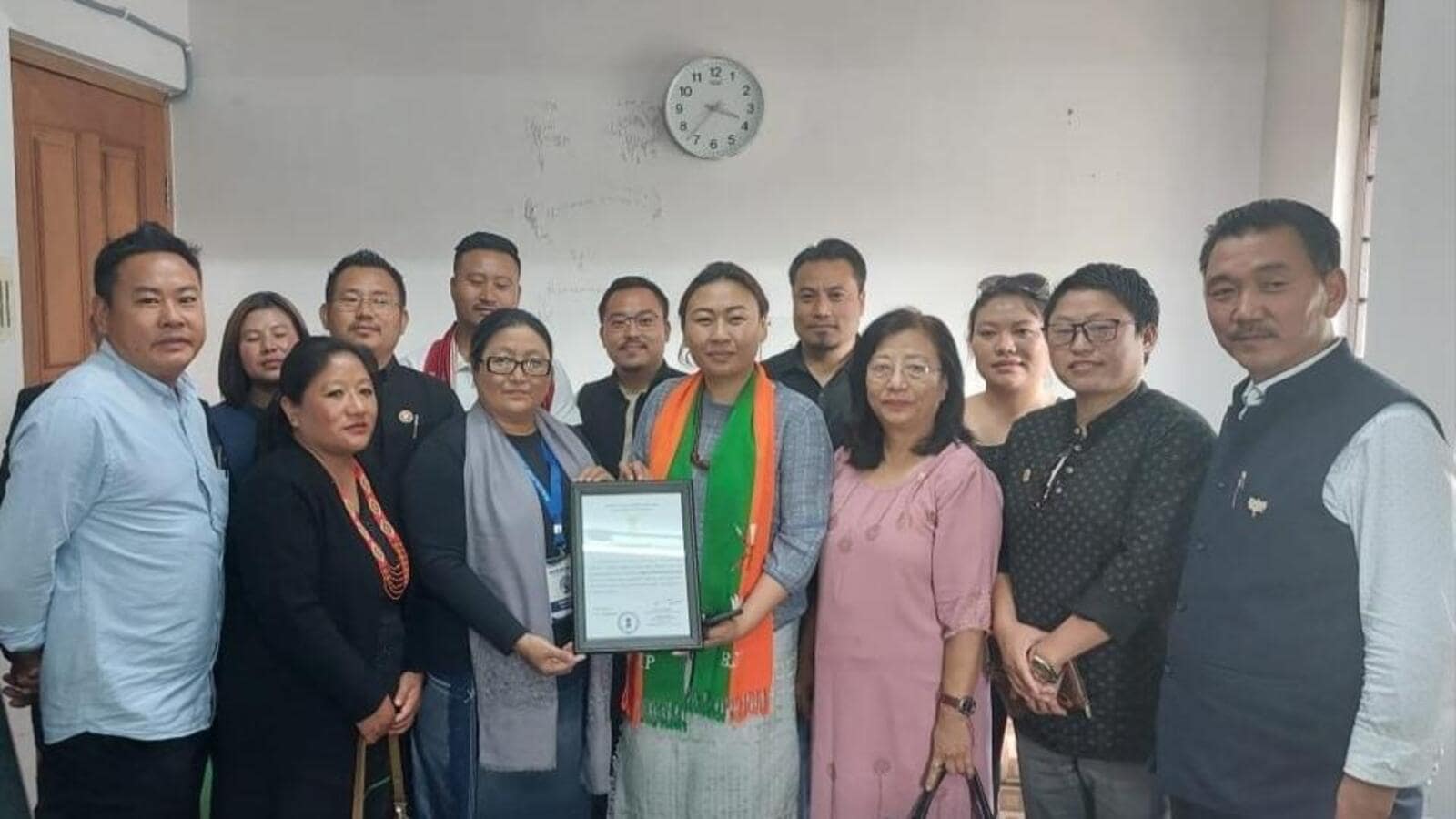
Such dialogues and interactions with MPs from different parties can play a crucial role in fostering better understanding, consensus building, and ultimately finding solutions to pressing issues. By engaging in constructive discussions, there is hope that a resolution can be reached, allowing Parliament to function effectively and address critical matters of national importance.




